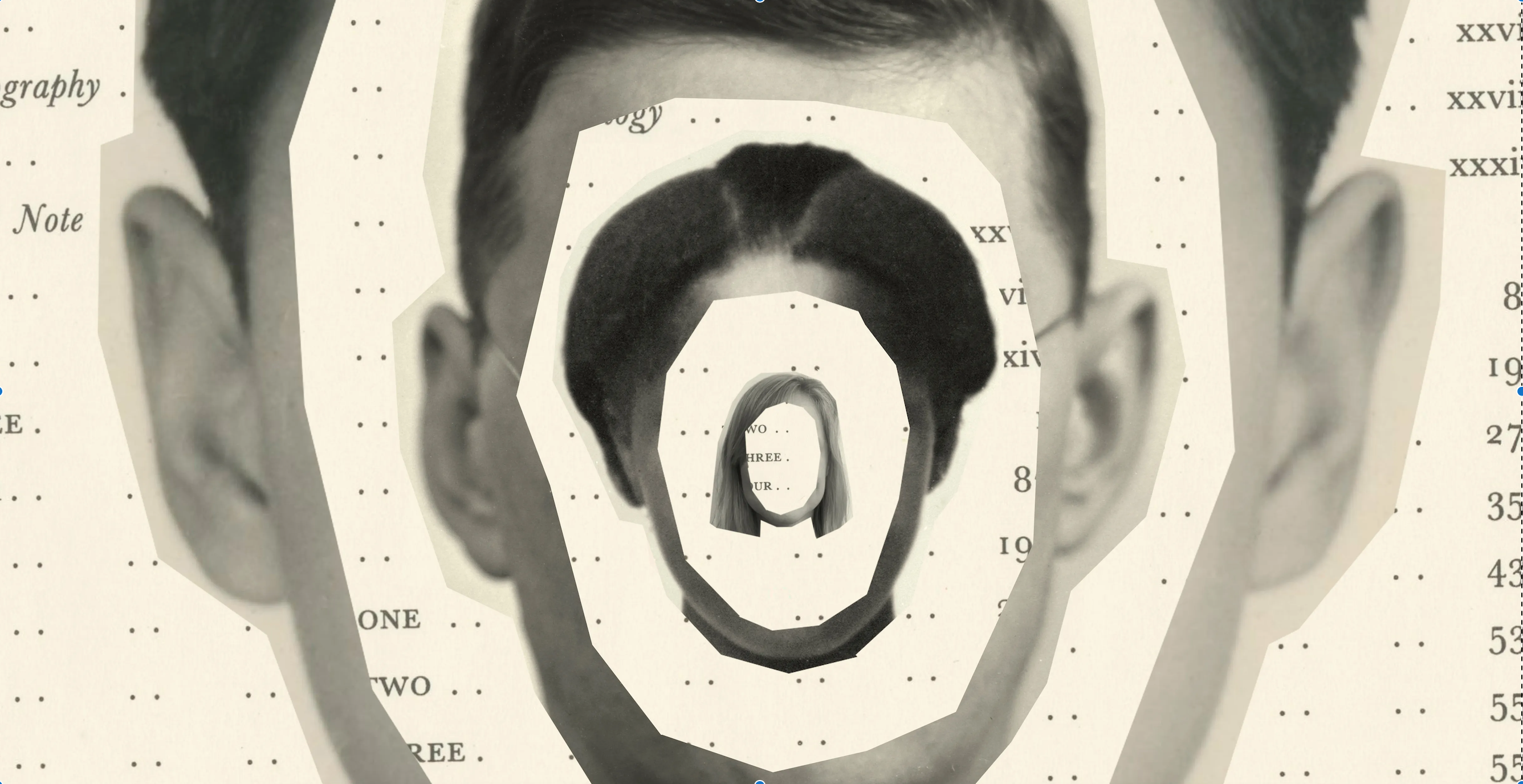
This semester, we will examine a half-dozen personal narratives produced in the late twentieth and early twenty-first century by American authors. Each story has intrinsic interest and prompts useful questions about the individual task of creating meaning out of one’s experience. But we will also, as part of the Memory Commons 2.0 with PSY 292, think about how these individual narratives relate to larger structures of meaning. One such larger context is “Americanness” – what does it mean to be part of a family, a person of color, an immigrant and/or a citizen, for instance, in this national community at this time? Further, what does it mean to have a body that stores traumatic experiences? One of our authors asks, “Do you know what it means to have a wound that never heals?”[1] Taking seriously this question will constitute part of our semester’s work.
Another
part of our work will focus on our shared community: Davidson College. What do
individual narratives from the College’s past reveal and conceal? What events
have contributed to the formation of a meaningful past for the College? What
does the meaning-context of Davidson College allow us individual members to
recognize or ignore? With students in PSY 292, we will explore a handful of College
commemorations as instances of collective meaning-making.
- Teacher: Anne Wills
